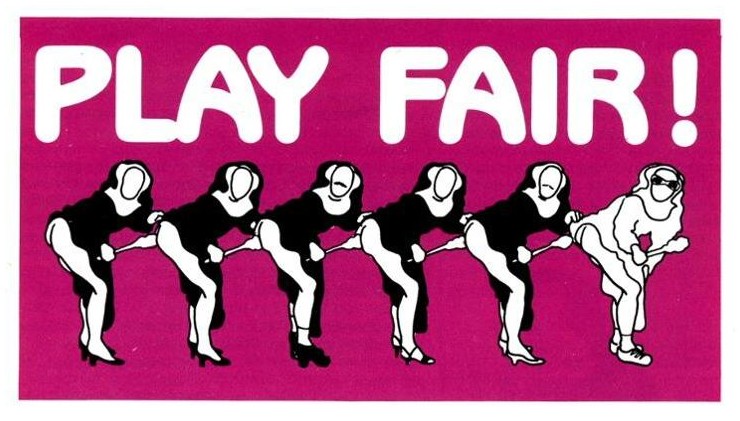Soon after I became a Quaker, I read Gene Sharp’s three-volume The Politics of Nonviolent Action (the connection being the traditional Quaker testimony against violence—see footnote). It deeply affected my thinking about social change, most notably that activism needs to have specific goals and that specific actions within it need to be strategic towards a goal as well as consistent with ethical and moral standards of the particular activist movement (i.e., the ends are not more important than the means).
One of the things that surprised me and that has stuck with me is that Gandhi’s systematic theory of resistance, satyagraha (“truth-force” or “love-force”), included nonviolence not only as a moral choice but as strategy. Ahimsa (“not to injure”) is a Hindu religious virtue. And within the context of Gandhian civil resistance, accepting violence upon oneself without retaliation is intended to awaken compassion in the opponent and bystanders.
In both Gandhi’s movements in South Africa and India and in the Civil Rights Movement in the United States, nonviolent resistance was not passive. Participants actively broke unjust laws and courted punishment. The accusation that pacifists are passive is wrong. Some pacifists (some religious sects notably among them) are in fact passive, but most pacifists are active in a range of efforts from resisting war to creating the conditions of peace. Pacifists regularly connect peace and justice. True peace is not an absence of war or conflict, it is a positive condition that includes justice.
So that’s very brief notes on a theoretical and historical view of suffering bringing social change.
But I have a subjective perspective as well, and sadly it does not involve voluntary suffering, but involuntary. From my own viewpoint, I conclude that many of the advances in LGBTQ+ rights, and the speed at which cultural changes are happening, are a direct result of the very public suffering and deaths of young gay men from AIDS. Being homosexual had moved from a shameful secret to an actively claimed personal and political statement (“You must come out,” said Harvey Milk), but the HIV epidemic forced thousands of young men out of the closet in a way that, in my opinion, awakened compassion in many of their friends and families. And the additional suffering of those who were rejected by those friends and families also served to awaken compassion in others. I feel very deeply this connection between that awful time and political and cultural changes. It was a terrible price to pay.
It’s also terrible that hundreds of thousands of people continue to die of AIDS, many of them heterosexual women in Africa. HIV is now largely preventable as well as treatable and deaths from AIDS are a failure of political and economic decisions, much like deaths from starvation. Not all suffering results in positive social change.
Footnote
A number of things associated with Friends took a while to take shape in the early years of the Friends movement, the Peace Testimony included. But by 1660, an influential group of men Friends, responding to political forces, made a statement to King Charles II, often summarized as “We utterly deny all outward wars and strife and fightings with outward weapons, for any end, or under any pretence whatsoever; and this is our testimony to the whole world. The spirit of Christ, by which we are guided, is not changeable, so as once to command us from a thing as evil and again to move unto it; and we do certainly know, and so testify to the world, that the spirit of Christ, which leads us into all Truth, will never move us to fight and war against any man with outward weapons, neither for the kingdom of Christ, nor for the kingdoms of this world.” As early as 1651, George Fox had said that he “lived in the virtue of that life and power that took away the occasion of all wars and I knew from whence all wars did rise, from the lust, according to James’s doctrine. . . . I told them I was come into the covenant of peace which was before wars and strifes were.”

